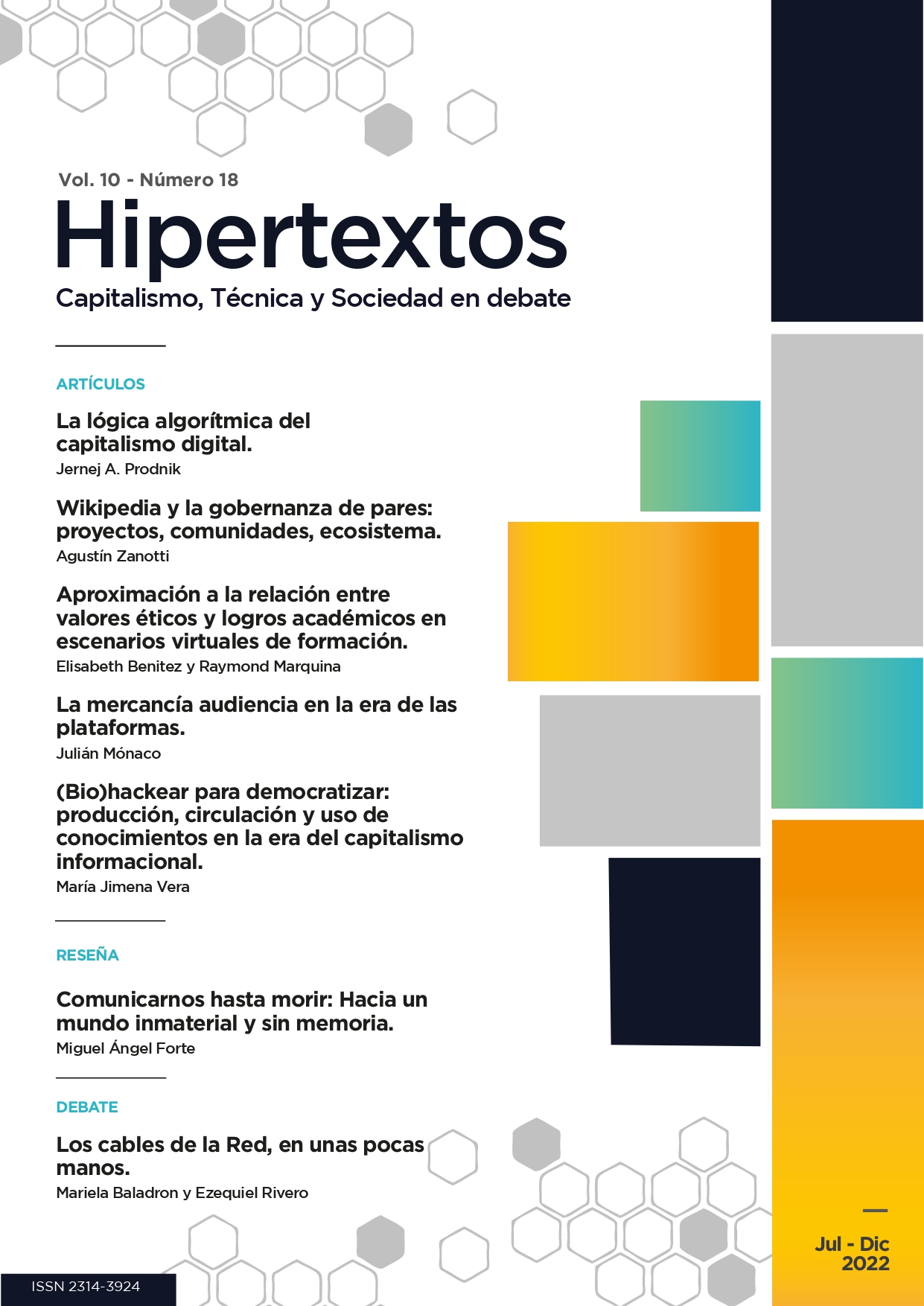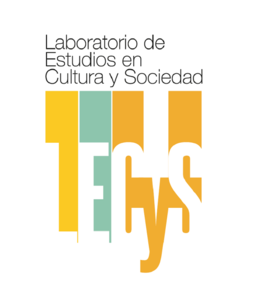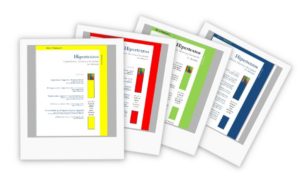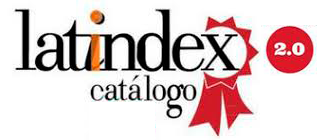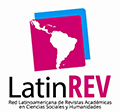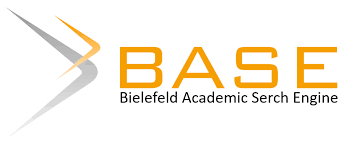(Bio)hacking for democratize
Production, circulation and use of knowledge in the age of informational capitalism
DOI:
https://doi.org/10.24215/23143924e059Keywords:
biohacking, DiYBio, Open Access, Knowledge, Open ScienceAbstract
In the last twenty years a (Bio)hacking movement has developed, observing various practices and forms: in some countries more defined and communal, and in others more disaggregated and individualistic. This phenomenon, inserted in a context of informational and cognitive capitalism, is born from the maker culture and is heir to the values of the hacker movement, open access and free software. This article intends to carry out a bibliographical journey that allows to account for its origin and relationship with the values traditionally associated with the scientific community together with other cultural movements to, later, analyze the relationship between knowledge production in open science spaces dedicated to biohacking and intellectual property.
Downloads
References
Akrich, M. y Latour, B. (1992). A summary of a convenient vocabulary for the semiotics of human and nonhuman assemblies. En Bijker and Law (Eds.), Shaping Technology/Building Society Studies in Sociotecnical Change (pp. 259-264). The MIT Press.
Arza, V. y Fressoli, M. (2019). Prácticas de Ciencia Abierta: Instrumento para su análisis ilustrado con información de proyectos científicos argentinos. Redes, 25 (48), pp. 85-131.
Bauwens, M. (2014). La economía política de la producción entre iguales. Hipertextos, 1 (2).
Boeva, Y. y Troxler, P. (2021). Makers. En: M. O’Neil, C. Pentzold y S. Toupin (Eds.), The Handbook of Peer Production (pp. 225-237). Malden, MA: Wiley-Blackwell.
Boutang, Y. (2014). Capitalismo Cognitivo. Explotación de Segundo grado. Hipertextos, 3(2), pp. 15-22.
Castells, M (1996). The Net and The Self, Working Notes for a Critical Theory of The Informational Society. Critique of Anthropoly, 16(1).
Coleman, G. (2014). Hackers. En M. L. Ryan, L. Emerson y B. Robertson (Eds.), Johns Hopkins Guide to Digital Textuality. Baltimore, MD: Johns Hopkins University Press.
David, P. (2003). The economic logic of ‘open science’ and the balance between private property rights and the public domain in scientific data and information: A primer, Stanford Institute for Economic Policy Research, discussion paper.
Delfanti, A. (2013). Biohackers. The politics of open science. Londres: Pluto Press.
De Luca, F. y Lo Bosco, M. (2020) “Do (Ir) Yourself: Práticas, Desafios e Éticas do Biohacking” En A. Barbosa e I. Femandes, Entrecruzares Bioéticos. Lisboa: Faculdade de Medicina da Universidade de Lisboa.
De Beer, J. y Jain, V. (2018). Inclusive Innovation in Biohacker Spaces: The Role of Systems and Networks. Technology Innovation Management Review, 8 (2), 27-37. http://doi.org/10.22215/timreview/1137.
Knorr-Cetina, K. (1996). ¿Comunidades científicas o arenas transepistémicas de investigación? Una crítica de los modelos cuasi-económicos de la ciencia. Redes, 7(3), 129-160. http://ridaa.unq.edu.ar/handle/20.500.11807/671
Himanen, P. (2001). La ética del hacker y el espíritu de la era de la información. Buenos Aires: Editorial Destino.
Isoglio, A. (2021). Traducción de conocimientos del software libre y de código abierto en las obras culturales. Encuentros, 19 (1) , 100-121. https://doi.org/10.15665/encuen.v19i01.2489
Jasanoff, S. (2004). Ordering Knowledge, Ordering Society. En, States of Knowledge: The Coproduction of Science and Social Order (pp. 13–45). London: Routledge.
Levi, S. (2010) Hackers. Heroes of the computer Revolution. USA: O’Really.
Liaudat, S, Terlizzi, M.S. y Zukerfeld, M. (2020). Piratas, virus y periferia: la apropiación impaga de conocimientos en el capitalismo, del PLACTS a la COVID19. Argumentos. Revista de Crítica Social, 22, 40-81.
Lindtner, S., Hertz, Garnet D. y Dourish, P. (2014). Emerging sites of hci innovation: hackerspaces, hardware startups & incubators. Proceedings of the sigchi conference on human factors in computing systems, 439–448. https://doi.org/10.1145/2556288.2557132
Maxigas, P. (2012). Hacklabs and hackerspaces: Tracing two genealogies. Journal of Peer Production, 2. http://peerproduction.net/issues/issue-2/peer-reviewed-papers/hacklabs-and-hackerspaces/
Merton, R. (1984). Ciencia, tecnología y sociedad en la Inglaterra del siglo XVII. Madrid: Alianza.
Meyer, M. y Vergnaud, F.(2020). The rise of biohacking: Tracing the emergence and evolution of DIY biology through online discussions. Technological Forecasting and Social Change, 160, 120206. https://doi.org/10.1016/j.techfore.2020.120206.
Patterson, M. (2015). A Biopunk Manifesto [en línea]. http://maradydd.livejournal.com/496085.html
Sánchez, G. A. (2014). We are Biohackers: Exploring the Collective Identity of the DIYbio Movement. Master of Science Thesis. Delft University of Technology.
Stallman, R. (2002). Free software, free Society. Cambridge. https://www.gnu.org/philosophy/fsfs/rms-essays.pdf
Suber, P. (2015). Acceso Abierto. México, D.F.: Universidad Autónoma del Estado de México.
von Hippel, E. (2005). Democratizing Innovation. Cambridge, MA: MIT Press.
von Hippel, E. (2016). Free Innovation. Cambridge, MA: MIT Press.
Wark, M. (1986). Un manifiesto hacker. Alpha Decay.
Wohlsen, M. (2011). Biopunk. DIY Scientists Hack the Software of Life. USA: Current, Penguin Group.
Zukerfeld, M. (2008). Propiedad Intelectual y Capitalismo Cognitivo. Breve historia de un matrimonio forzoso. XXI Jornadas de Historia Económica. http://xxijhe.fahce.unlp.edu.ar/programa/descargables/zukerfeld.pdf
Zukerfeld, M. (2010). Más allá de la propiedad intelectual. Los conocimientos doblemente libres, la apropiación incluyente y la computación en la nube. En de Capitalismo y Conocimiento: Materialismo Cognitivo, Propiedad Intelectual y Capitalismo Informacional, Tesis Doctoral, FLACSO, 2011.
Zukerfeld, M. (2012). Discutiendo la regulación del acceso a la cultura: Una sistematización de los argumentos críticos de la Propiedad Intelectual. En S. Lago Martínez (Comp.), Ciberespacio y Resistencias. Exploraciones en la cultura digital. Buenos Aires: Hekht.
Zukerfeld, M. (2017). Knowledge in the Age of Digital Capitalism. Londres: University of Westminster Press.
Downloads
Published
How to Cite
Issue
Section
License

This work is licensed under a Creative Commons Attribution-NonCommercial-NoDerivatives 4.0 International License.

